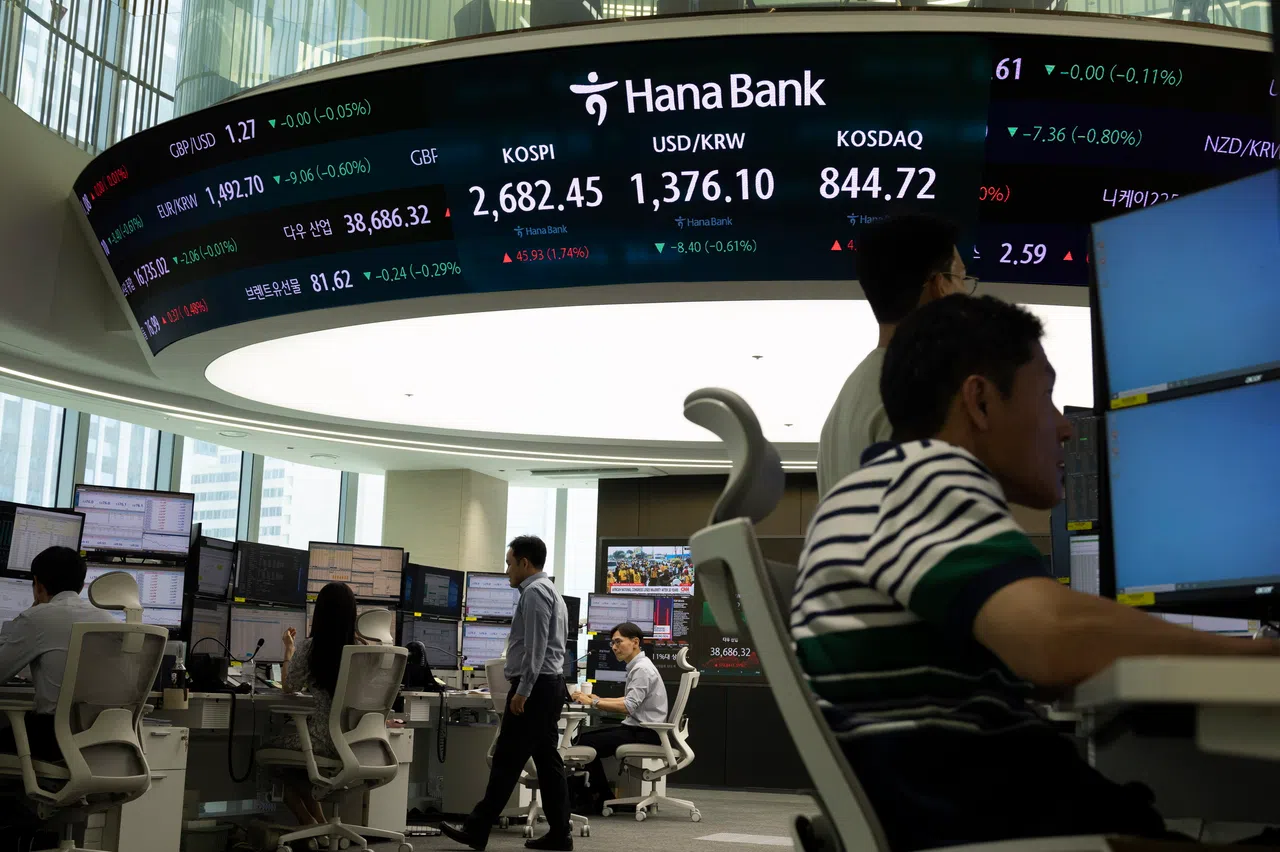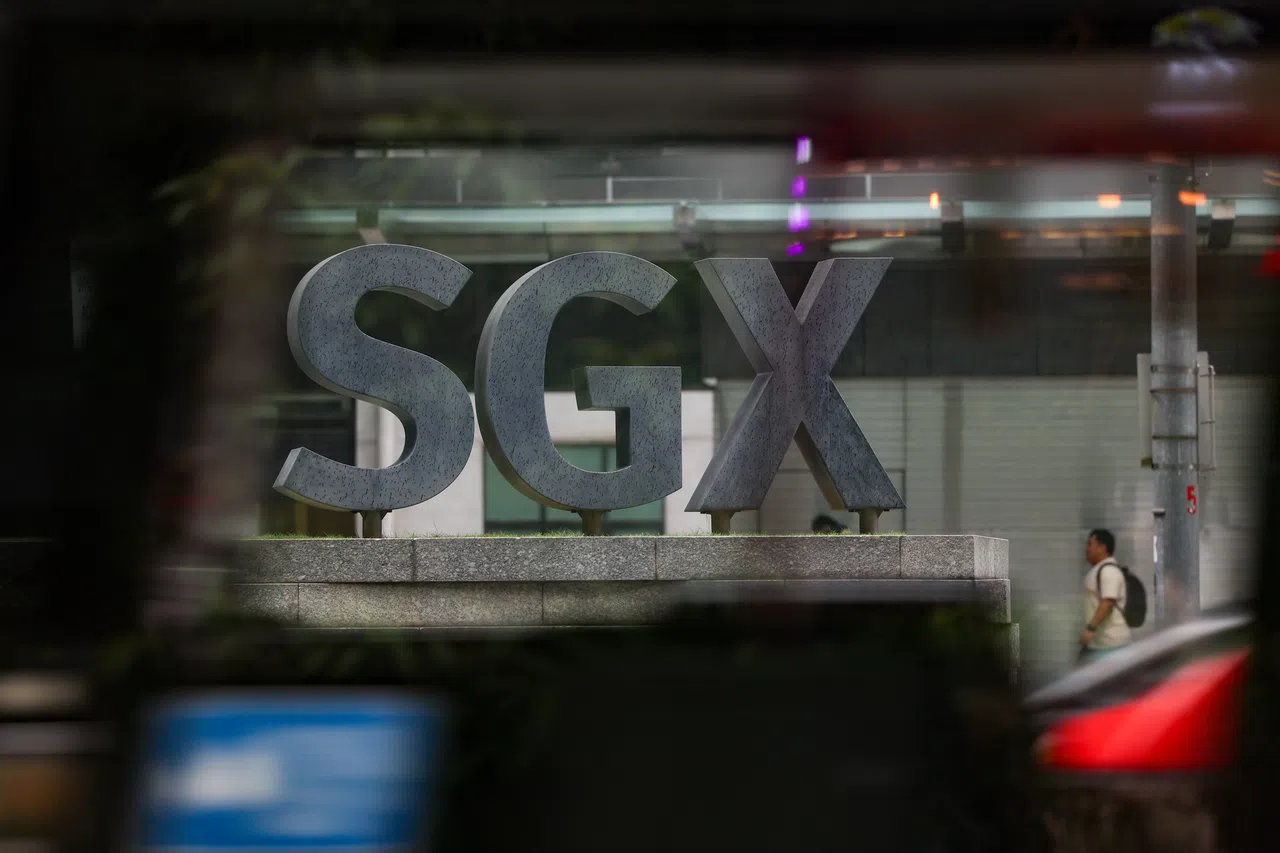SOUTH Korea’s short-selling accessibility is “deteriorating”, according to MSCI.
The practice has gone from “+” to “-,” according to the New York-based index provider’s annual market accessibility review released on Jun 6.
The comments are MSCI’s first public response to South Korea’s ban on all forms of short-selling, effective last November. They provide a glimpse into how the move weighs on MSCI’s consideration on whether to upgrade South Korea to a developed-market status, something the country has sought for years.
South Korean authorities have bolstered efforts in recent years to court foreign investors, as they push to get the nation’s stocks and bonds added to developed-market indexes. MSCI plans to release its annual market classification report, which would show changes in country designation, on Jun 20, 2024.
In assessing countries for its indexes, MSCI says it looks at signals for openness to foreign investments, including ease of capital flows and instrument availability.
MSCI also said that the country needs to do more to boost foreign holdings in stocks and improve disclosures in English language. Its review also noted there is no offshore currency market and “constraints persist” on the onshore market.
GET BT IN YOUR INBOX DAILY
Start and end each day with the latest news stories and analyses delivered straight to your inbox.
Short-selling is “a recognised ingredient in the efficiency of markets”, MSCI wrote in its 2023 review. However, the practice is a contentious political issue in South Korea, with its powerful retail investors often blaming it for stock declines and arguing that it gives unfair advantages to institutional investors.
Describing the practice as “rampant”, authorities in November imposed a ban on all forms of short-selling until the end of June 2024. Their purpose, they said, is to weed out naked short selling – a practice of selling shares without even borrowing them first – which is considered illegal in the emerging Asian nation. Authorities have been scrutinising and investigating the activities of global investment banks for months now and have imposed some penalties.
In its 2023 review, MSCI noted some progress on South Korea’s market accessibility, including allowing some foreign banks to participate in the local interbank market. Also noted in the report were plans to extend onshore won trading hours and lifting a requirement for foreign investors to set up an account at every local bank where they trade.
“While there are advancements, the impact of these proposals will be thoroughly evaluated with international institutional investors once they are fully implemented,” MSCI said in its Jun 6 report.
Meanwhile, South Korean authorities have undertaken other initiatives in a bid to narrow the so-called “Korea Discount” that has seen local stocks trade at a much lower valuation than overseas peers for years. The Corporate Value-up Program, announced in February, encourages listed companies to boost shareholder returns by improving governance and investor communication. BLOOMBERG







